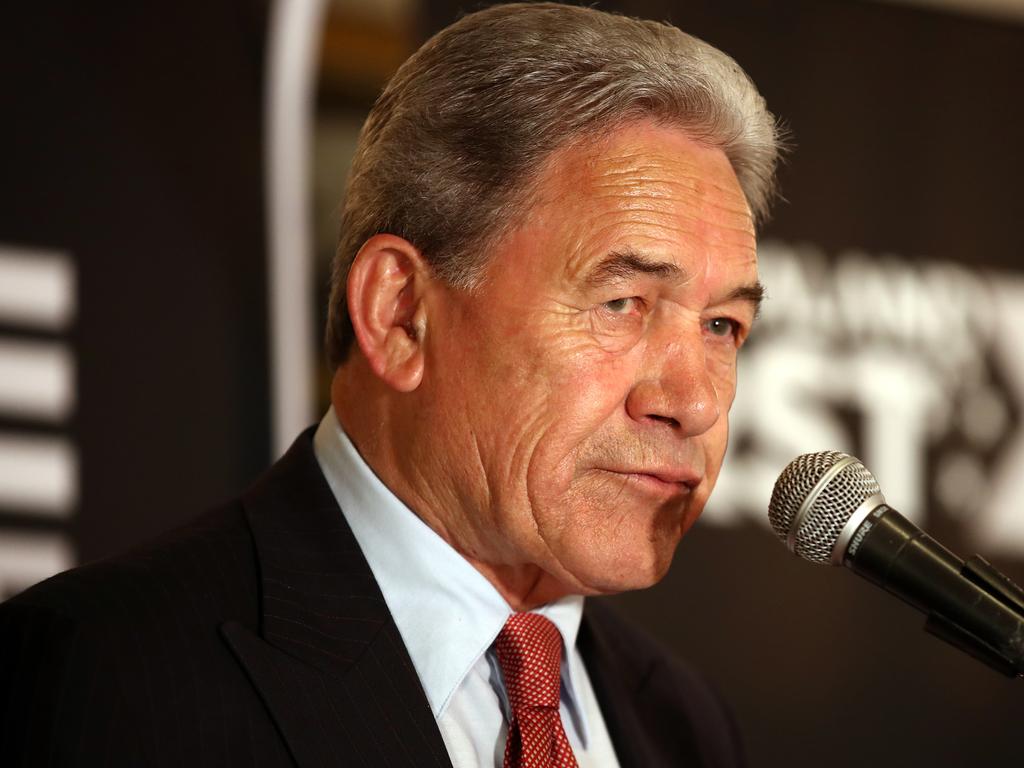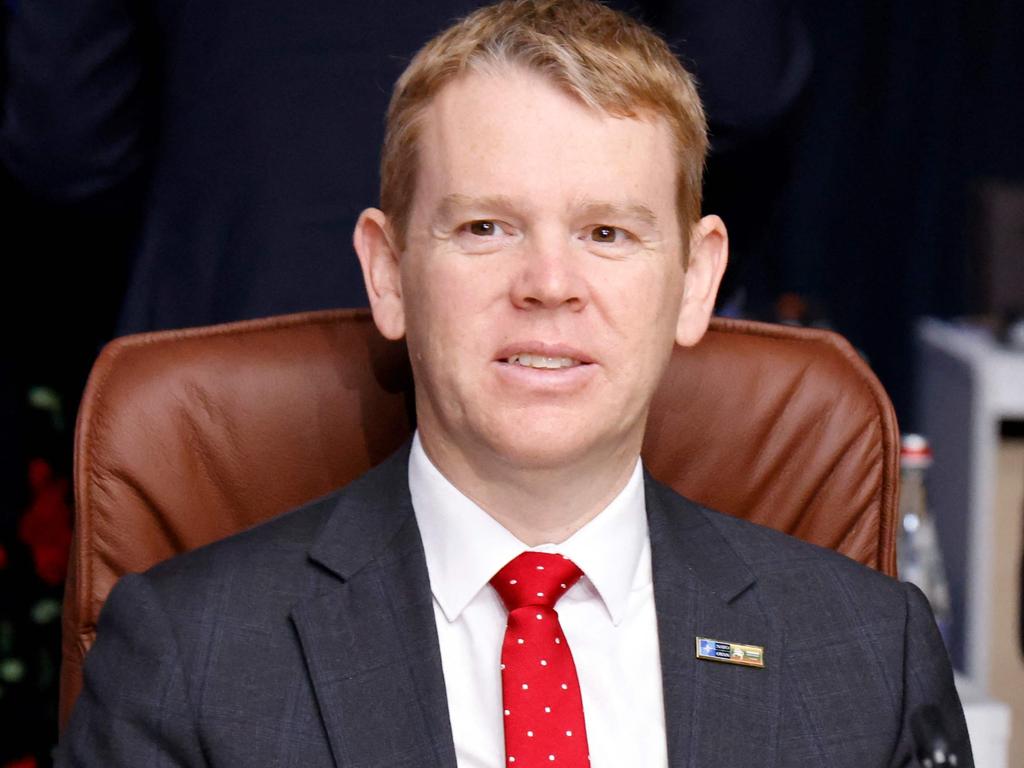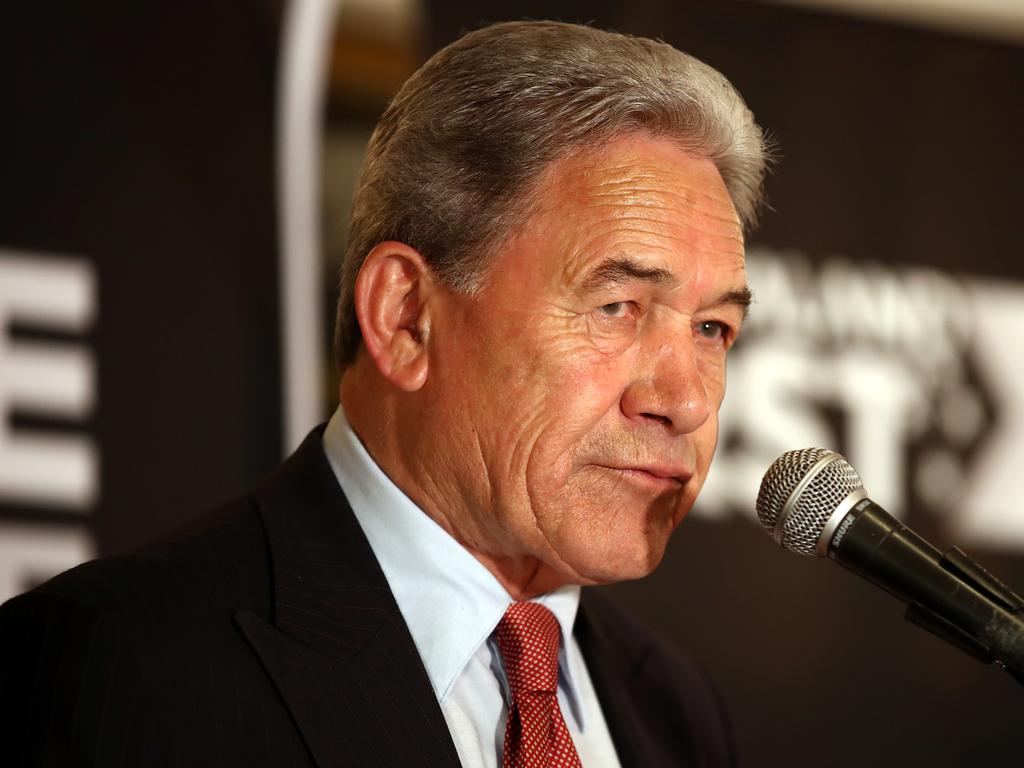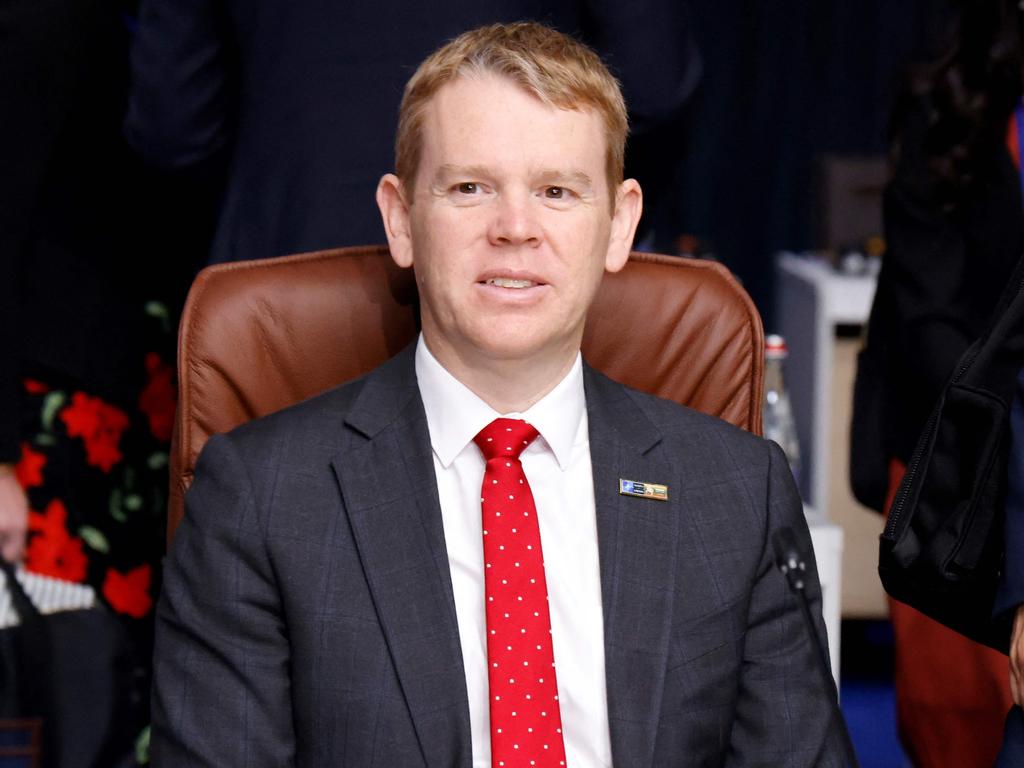Win-win … the woman set to gain the most from NZ’s election

Whatever the outcome of the October 14 vote, the one politician whose future is most assured and perhaps most golden may not be either of the main party contenders for prime minister but Nicola Willis – the 42-year old deputy leader of the opposition National Party.
In the entertaining political parlour game of “who’s next?”, Willis, who is a mere six years into her parliamentary career, is a name to highlight.
Last week’s 1News Valerian poll – one of the nation’s leading political surveys – showed a manifest shift towards Christopher Luxon’s centre-right National Party over Prime Minister Chris Hipkins’ incumbent Labour Party. For now, the way seems paved for a new National-led government in partnership with its ally, the smaller libertarian ACT Party.
Should this occur, Willis will do very well. Her rank, profile, and current portfolio duties will undoubtedly help secure a senior role in any Luxon-led administration. Indeed, Luxon has already indicated his deputy will carry her finance spokesperson role into government as the country’s new finance minister – an exceedingly powerful and pervasive post.
In her biggest set-piece event to date, Willis this week unveiled National’s big tax plan. The party aims to provide income relief across society without the need to borrow. This, the party argues, will relieve pressure on inflation – a major issue among voters.

To pay for its tax cuts, National will introduce a series of revenue-raising measures. They include a 15 per cent tax on foreign buyers of houses valued over NZD$2 million (AUD$1.8 million), enforcing tax duties on offshore operators of online gambling, and instituting user-pays immigration levies to exclude tourist visas. To lower spending, deep cuts to the non-core public service are also planned.
In a move that enraged the Green Party and its climate change minister James Shaw, Willis promised that all revenue raised by the Emissions Trading scheme would go to funding tax reduction.
This revenue is normally ringfenced for climate spending within the Climate Emergency Response Fund but under National, this “climate dividend’ will be returned to the government books.
Framed as helping New Zealand’s ”squeezed middle” amid a stubborn and painful cost of living crisis, the Willis plan has clear voter appeal and was largely received as serious one. As public auditions for finance minister go, Willis appears to have fared quite well.
Other ministerial slots may be also come to Willis in government – including those related to education, which she has a passion for. Deputy prime minister may be in the offing too, though the obligatory trade-offs sparked by coalition politics could this see title handed to ACT leader David Seymour.
But should Luxon not be able to get his party to prevail over the increasingly wan-looking Labour Government – encumbered with ministerial misadventures, botched policy rollouts and messaging – then knives will sharpen within National’s parliamentary caucus. If enough MPs are sufficiently roiled by failure at the ballot box against a weakened opponent, Luxon’s position at the top will face immediate peril.
Others might express an interest in the top spot, but Willis is best placed to step up and into the party leadership. If successful, she will – save some unseen downturn in political fortunes – be in a strong position to become prime minister at the following election three years hence when the country will likely be looking for change after years of Labour rule.
Whichever post-election scenario presents itself, it will mark a steep and swift passage to power for Willis.

In her short span as an MP, Willis, a protege of former National prime minister John Key, has enjoyed much political gain. Soon after entering parliament in 2018, she was quickly and then progressively handed serious portfolios responsibilities.
By late November 2021, Willis was deputy leader after being asked by Luxon to be his running mate in a bid to replace the ousted Judith Collins as party leader. The ticket ultimately ran unopposed with the former Air New Zealand chief executive and his new deputy quickly installed as a new faces of the National Party.
Willis has often been part of the wider conversation around party leadership. Indeed, there was apparently sotto voce talk in May that the business community was rallying around the idea of a Willis leadership run as Luxon struggled to imprint upon the public. He struggles still, despite an uptick of preferred prime ministerial support in the 1News Valerian poll.
Though she has never publicly declared any such ambition and remains the dutiful deputy, many think Willis’ time as party leader will come. And should Luxon falter at the line in October, that time may soon be upon her.
Willis was already well-equipped to perform by the time she took her seat in parliament. She learnt the bulk of her trade at Key’s knee, for whom she acted as a senior adviser and speechwriter during his first four years in office. She left Key’s side in 2012 and moved seamlessly into a senior management role at Fonterra, one of the largest dairy companies in the world and one of NZ’s most important businesses, while also serving on the board of Export NZ.

Willis’ body of work and political position indicates a middle-of-the-road conservativism, socially liberal views and an environmentally-friendly orientation. Unsurprisingly, this is the same blend of politics adopted by Key, NZ’s most popular National Party leader in the past half-century, and used with great electoral potency during his 2008-2016 premiership.
Willis’ more liberal disposition – on climate change, LGBTI rights and abortion, among other issues – serve as a counterpoint to Luxon’s more traditional conservative instincts. This has meant the pair being sold by the party as a balanced ticket and it will campaign on this identity.
To her colleagues, Willis is said to be a respected peer but is not necessarily feted as a party’s rising star might expect. Her meteoric rise and elevated profile may be treated with circumspection by some in her party. But her political skills are well-known and well-used by National. Often deployed as the party’s policy explainer-in-chief, Willis has been tasked to clarify comments made by the sometimes erring and inelegant Luxon. Willis is also a proven burden to her political opponents, especially Finance Minister Grant Robertson who has presided over an intemperate economy.
Indeed, Robertson recently rounded on Willis after she leaked both Labour’s abandonment of its wealth tax and its grand plan to remove the 15 per cent Goods and Service Tax from fruit and vegetables, the practicality of which she happily disembowelled. Robertson was further incensed by Willis mischievously alluding to a rift between Robertson and Hipkins over tax policy. This triggered Robertson into repeatedly calling her “a liar” on a radio show – a seldom used and quite risky public slight as it can prompt defamation action against the accuser.
Rather than seek legal recourse, Willis choose a political one and returned serve with the sardonic response that “the last thing [Robertson] needs is a lawyer letter. He probably needs a cup of tea and a lie down.”
Her success at political jousting aside, Willis can strain at meeting the demands of retail politics. Engaging with voters does not always appear to a natural strength of hers, unlike her former boss John Key. Some see her as unrelatable and entitled – she does have an upbringing easily considered as privileged. She is from a well-to-do and well-connected Wellington family, and was privately schooled in Wellington and Auckland. Though no fault of hers, Willis’ life experiences nevertheless differ from many across New Zealand’s nominally egalitarian society. Some are alienated by this which can unjustly discolour opinion towards National’s deputy leader.
Recent friendly magazine stories featuring Willis and her family – married, she has four children under the age of 13 – and discussing her own struggles and challenges, including the pressures of working motherhood, can be seen as a pointed attempt to address concerns over relatability and privilege.
National is especially sensitive at being perceived as the party of elites, an image possibly not helped by the histories of the current leadership duo.
In the end, elections are a simple binary of winners and losers. Rare is a politician who succeeds whatever the result but NZ’s general election is shaping up as an unusual win-win proposition for National’s deputy leader, She will either be rewarded with high office or emerge in a stronger position to lead.







The biggest winner in New Zealand’s fast approaching general election might not be who you think.